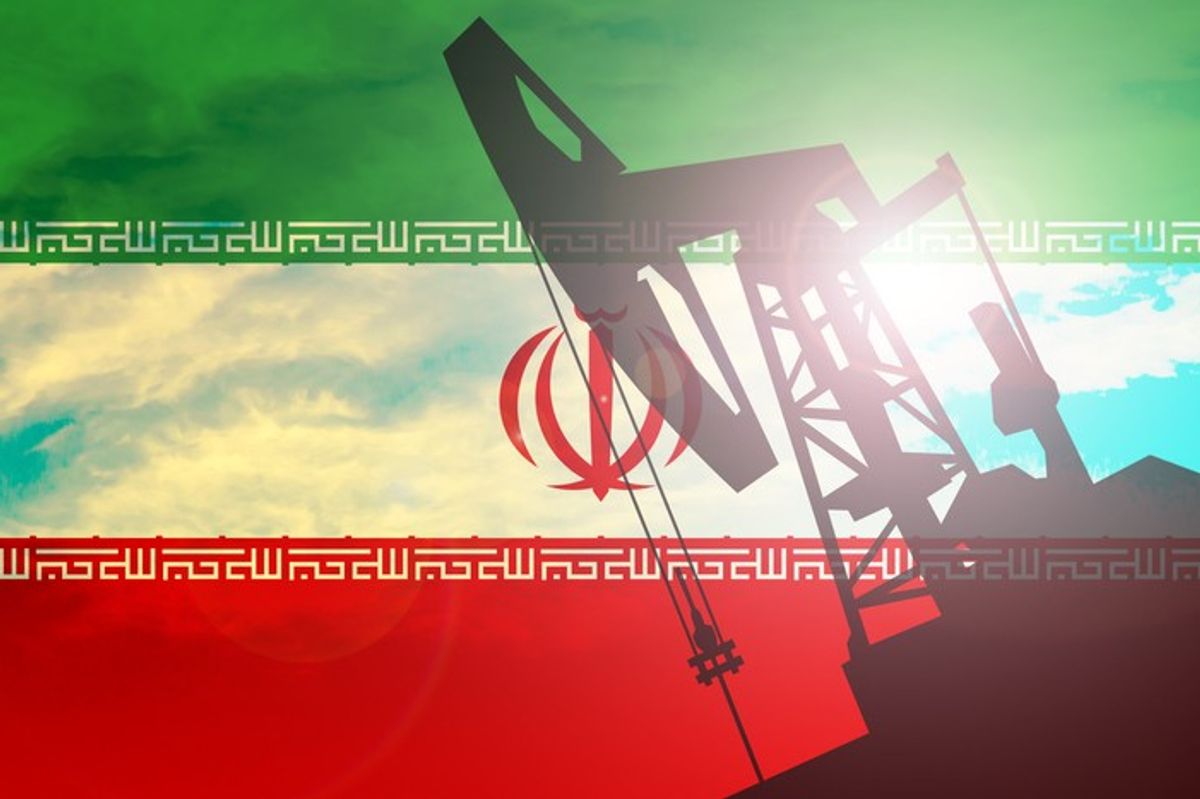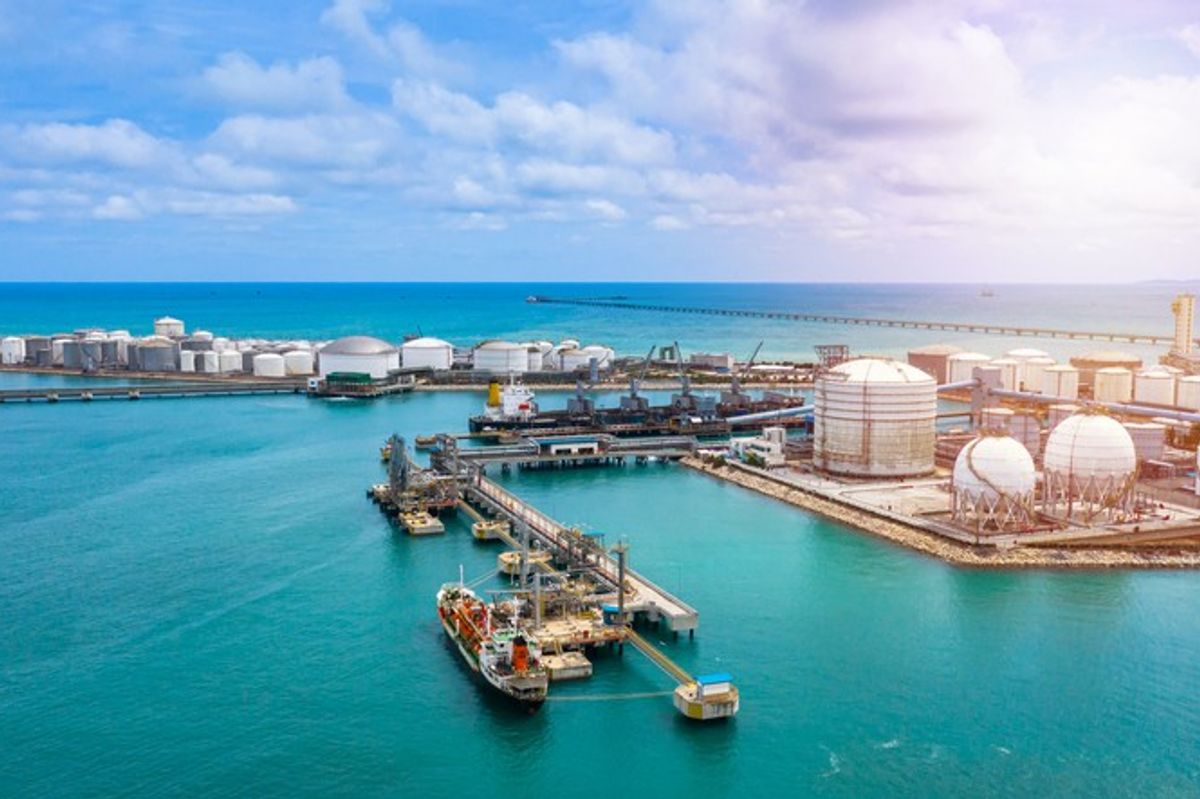The cabinet reshuffle implemented by Egyptian President Abdel Fatah al-Sisi last week aims to reinvigorate Egypt’s floundering economy, explains Dr. Amr Adly of the Carnegie Middle East Center. According to Adly, the individuals appointed by Sisi are “high-profile business people” that maintain “dense connections with business circles in Egypt as well as throughout the Arab world.” These changes may lead to an increase in the privatization of state owned enterprises in Egypt and consequently, new opportunities for U.S. businesses in the country.
The Cipher Brief: Last week Egyptian President Abdel Fatah al-Sisi reshuffled his cabinet in an effort to revive Egypt’s drowning economy. Why did Sisi select those specific individuals as part of his new cabinet?
Amr Adly: I think there are two explanations for Sisi’s choices: the first is to try to bring people with a clear business background so as to re-establish links with the private sector, especially big conglomerates and investment banks. These are seen as crucial for any economic recovery and especially for attracting badly needed foreign investments that may contribute to filling Egypt’s financial gap, estimated at 20 billion dollars per annum by the IMF in 2014.
The second possible explanation is to try to bring in people who can develop a recovery plan and move beyond mere crisis management. Since mid-2013, the real economic agenda of the three cabinets and their economic teams was almost solely dictated by managing Egypt’s fiscal crisis (a budget deficit of over 12 percent of the GDP and public debt, both domestic and foreign, hitting more than 100 percent of the GDP), together with a chronic foreign currency shortage problem. The new minister of finance – an investment banker who served in three of the biggest investment banks in Egypt – is coming to serve as a minister of the economy rather than merely as that of finance, for instance, which is pretty much the opposite of the situation under his predecessor.
TCB: Are these individuals likely to make changes in Egypt’s economic policies that will improve economic growth?
AA: It is too early to say. These are high-profile business people that definitely have plans to further liberalize and privatize the Egyptian economy. They also have dense connections with business circles in Egypt as well as throughout the Arab world. This may help. However, I don't think the Egyptian government has a big maneuvering space given its reliance on capital from regional neighbors suffering from low oil prices and the global economic slowdown.
There is also a strong element of bad luck. The moment things started to stabilize internally in 2015 and the March Sharm El-sheikh conference was held to attract massive amounts of FDI, the world economy went into a new cycle of recession: slowdown in China, sovereign debt crisis in Europe and a decline in oil prices. The fall in oil prices has negatively impacted Egypt’s access to foreign capital, even though Egypt is a net-oil importer, because of Egypt’s heavy dependence on oil-related capital inflows in the form of aid and investment from the Gulf Cooperation Council (GCC) as well as remittances and tourism from Russia. Unless the global economy starts to show signs of improvement, the new Egyptian government is not likely re-launch the local economy.
TCB: Could these changes lead to new opportunities for U.S. businesses in Egypt?
AA: I think they do. Now things are relatively more predictable when it comes to policy-making. There is an economic team that is firmly committed to economic liberalism. There is a new ministry of public sector enterprises, which is a sign of the intent towards privatizing more state owned enterprises (SOEs) - including public utilities such as roads, electricity, energy and water - for the very first time. This may indeed open opportunities for foreign capital, especially since it already did for some European companies like Siemens in the case of electricity plants, which signed a $20 billion contract last year.
Another positive element is the recent devaluation of the pound, which reduces the risks of foreign exchange and makes macroeconomic indicators more predictable in the short-to –medium-term.
A third element is the relatively improving security situation, as terrorist attacks in the Nile valley and the Delta have shown signs of ebbing, although Sinai remains an exception. However, it is generally containable and the risk of a spillover into the valley seems limited.
TCB: More broadly, can Egypt put its economy back on track and achieve a more lasting stability?
AA: The risks of instability are of a long-term nature. Egypt has achieved a reasonable degree of stabilization. This however has happened on authoritarian terms and to the exclusion of the vast majority of societal and political actors. The public sphere has been reclaimed by the security services with increasing signs of repression. All of these developments generate longer-term concerns about the political and social stabilization of the country.













